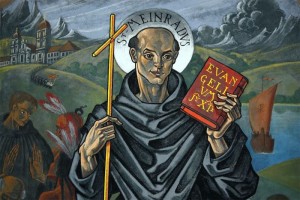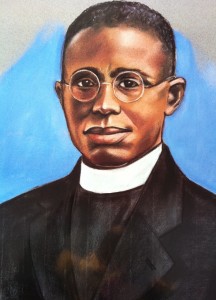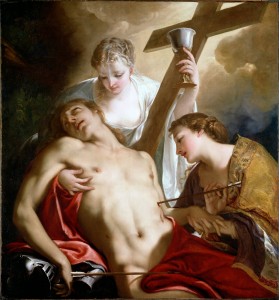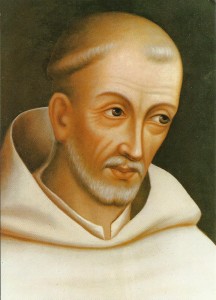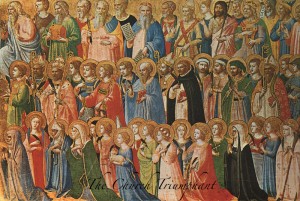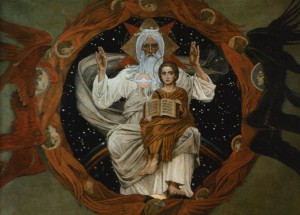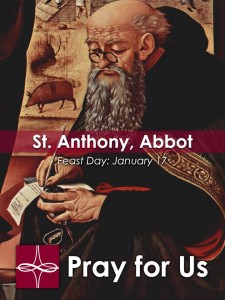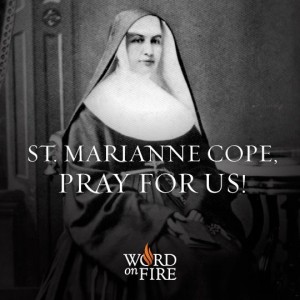 Today’s the feast of one of our great American saints, Saint Marianne Cope, a Franciscan sister who spent 35 years ministering to people living with Hansen’s Disease (called leprosy) on the island of Molokai in Hawaii. Cope is part of a small group of American saints.
Today’s the feast of one of our great American saints, Saint Marianne Cope, a Franciscan sister who spent 35 years ministering to people living with Hansen’s Disease (called leprosy) on the island of Molokai in Hawaii. Cope is part of a small group of American saints.
Saint Marianne (1838-1918) was a close collaborator of the famous Saint Damian DeVeuster of Molokai.
Cope’s venerable body was recently returned to the Diocese of Hawaii.
Bishop Larry Silva said this in a homily:
When Mother Marianne made her famous statement that she was hungry for the work, it was not because she needed more to do. It was because she knew that her own deep hunger pangs for the true bread of life would be better satisfied if she met the Eucharistic Lord in those she fed, in those she clothed, in those she nursed, and in those least of the least whom she set free from a prison of self-pity, no matter how justified it might be. Who will make the rest of the world as hungry as was our beloved St. Marianne?
More about her inspiring life can be found on her order’s website, the Sisters of St. Francis: https://sosf.org/st-marianne-cope/
Robert Louis Stevenson wrote a poem:
To the Reverend Sister Marianne, Matron of the Bishop Home, Kalaupapa.
To see the infinite pity of this place,
The mangled limb, the devastated face,
The innocent sufferers smiling at the rod,
A fool were tempted to deny his God.
He sees, and shrinks; but if he look again,
Lo, beauty springing from the breasts of pain!
He marks the sisters on the painful shores,
And even a fool is silent and adores.

